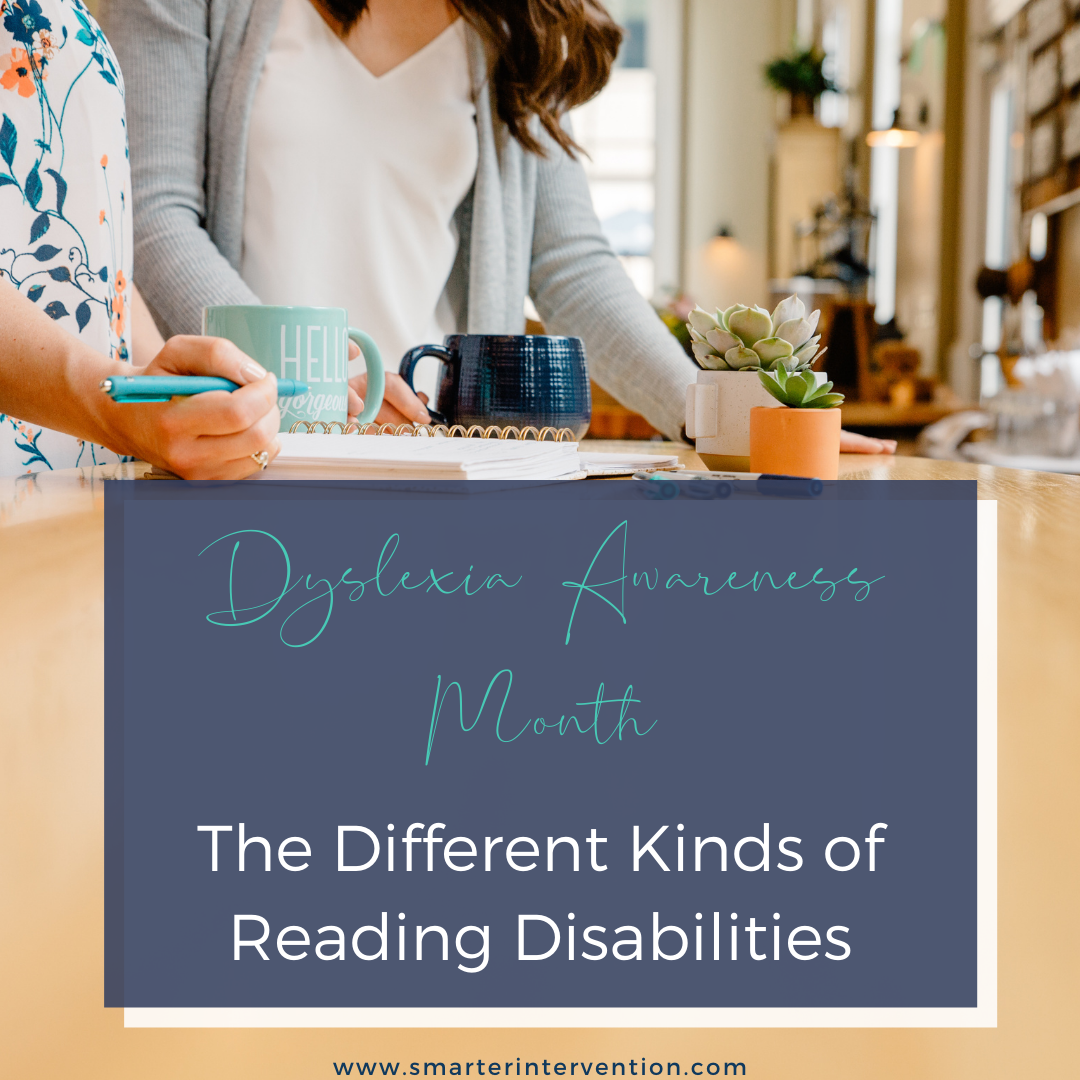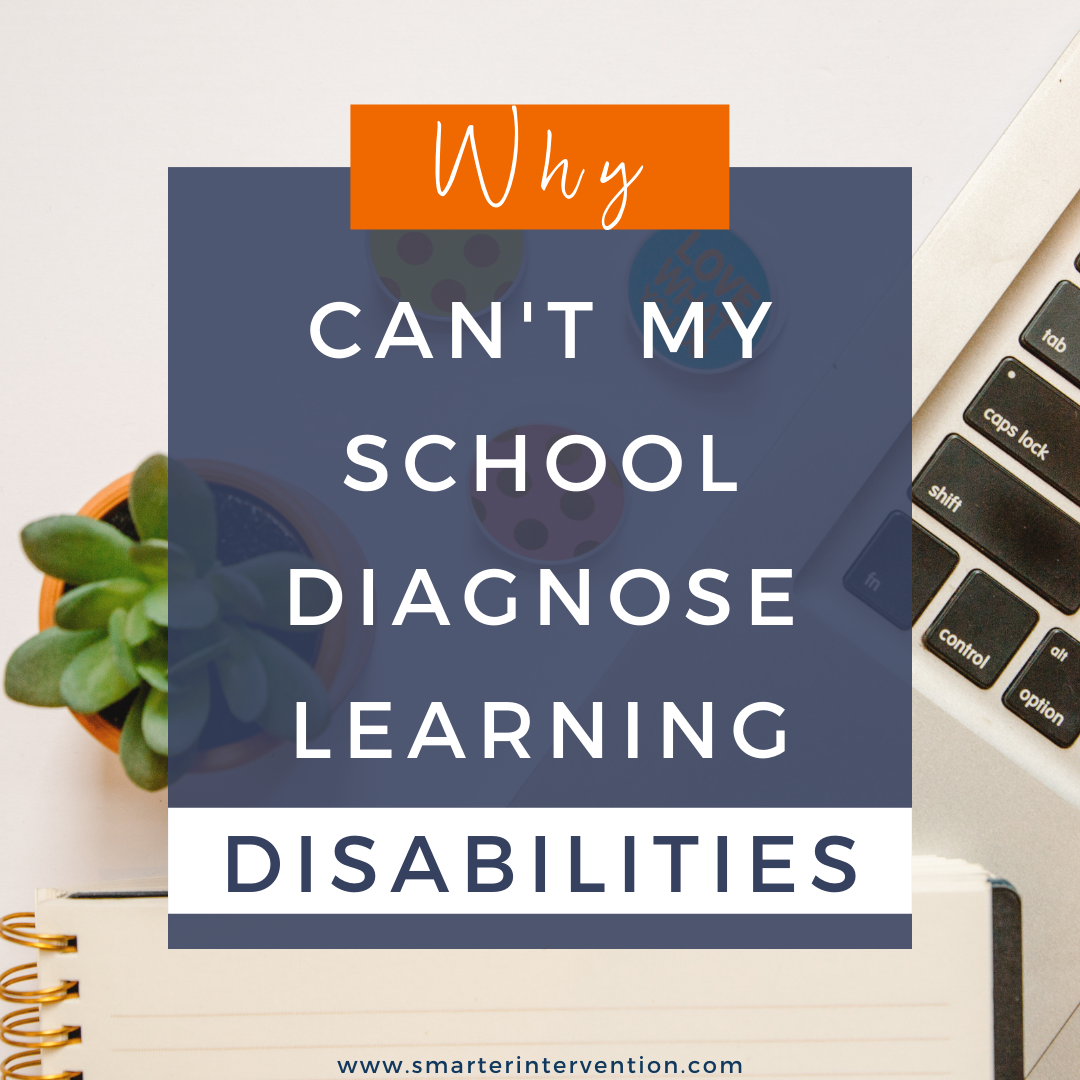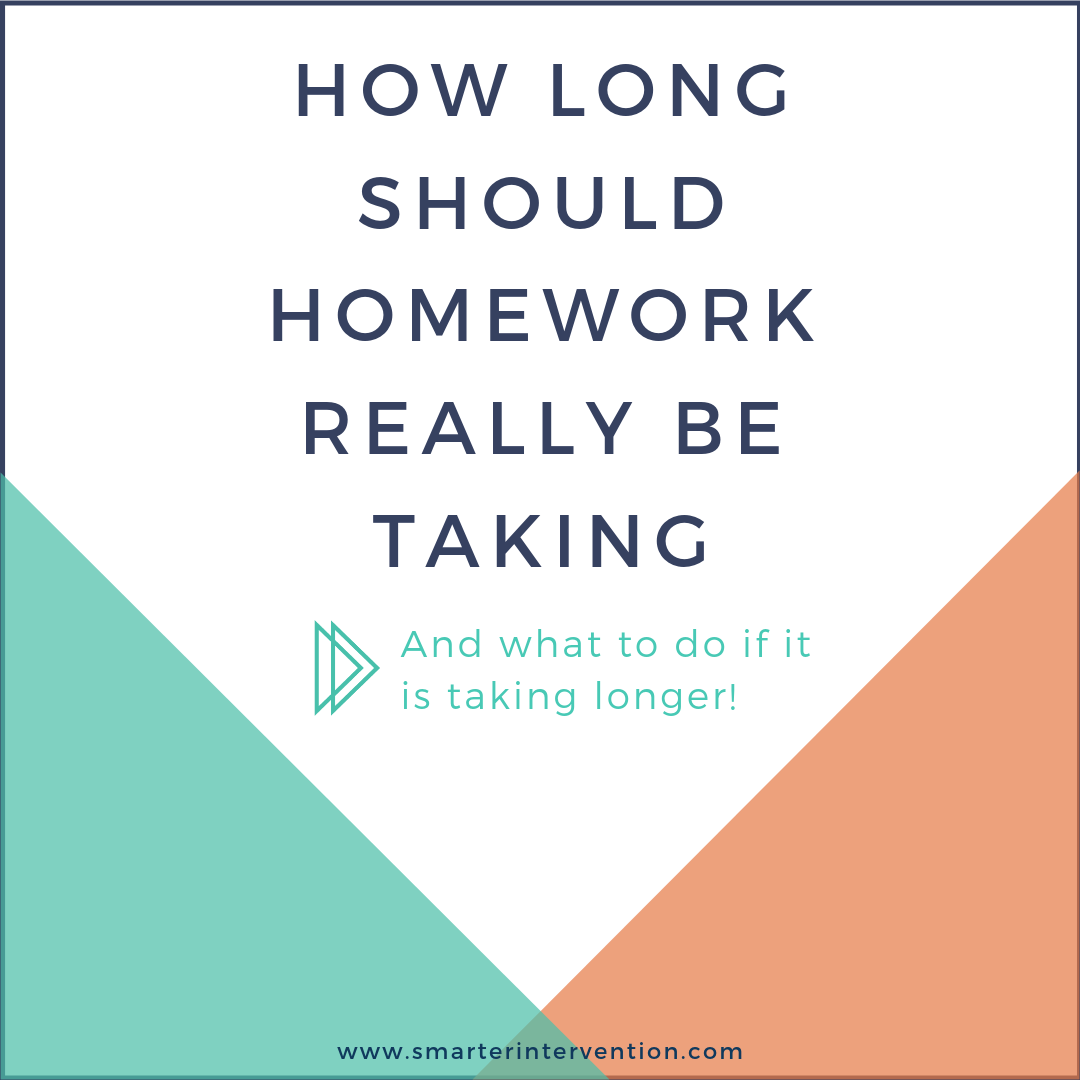Science-based literacy resources and articles
for families, educators and schools
Search by Category:
Categories
- Advocacy
- Authentic Literature
- Business
- Comprehension
- Data Tracking
- Differentiation
- Dyslexia
- Evaluation and Assessment
- Executive Functioning
- Games & Activities
- Helping My Child At Home
- How To
- IEP/504 Plan
- Lesson Planning
- Math
- Online Intervention
- Organization
- Parents
- Phonics
- Phonological Awareness
- Reading Comprehension
- Reading Fluency
- Research
- SLP
- Spelling
- Vocabulary
- Writing
The Science of Reading Made Simple: A Guide to Effective Instruction
Over the last few decades, there has been a lot of research done that helps us understand the brain, how we learn to read, and how we, as educators, can best teach reading. This movement is known as the Science of Reading.
This research has helped us recognize the necessary components of a reading & writing lesson, but, it can feel like a lot to dig through! In this blog, we discuss a few of the common research models and explain how they overlap to support truly effective reading (and writing!) instruction.
Dyslexia & Co-Occurring Difficulties
We wanted to take this conversation a step further and dig into some common co-occurring struggles we see in our students with dyslexia. Specifically language, attention, mathematics, and social-emotional difficulties.
So let’s dive in!
The Different Kinds of Reading Disabilities
Many students struggle to learn how to read effectively or efficiently.
RESEARCH INDICATES THAT THERE ARE THREE DIFFERENT TYPES OF READING DISABILITIES.
These three types of disabilities relate to (if you know us…you’re probably guessing it right now!!!)
YEP…..
The Literacy Processing Triangle
How to Interpret Evaluation Results
Today we wanted to take a little time to discuss how to interpret evaluation results, specifically how to determine whether a students standardized, norm-referenced test scores fall within the average range.
When we look at interpreting evaluation results, there are a number of things we need to consider but the first thing we absolutely must consider is whether scores are falling into an expected area or not. This requires that we go back to our statistics class in understanding the standard bell curve.
What is Dysgraphia?
Dysgraphia is another term that is used synonymously with Disorder of Written Expression.
Basically, it can be used to describe a student or adult who struggles producing written content for a number of specific reasons.
When we consider dysgraphia, we have to think about all the requirements of writing. Writing is an incredibly complex task that requires multiple connections in the brain to come together quickly.
Why Can't My School Diagnose Learning Disabilities?
So often we hear from frustrated parents that they are receiving a run-around from their school. As a parent, when our child is struggling we want answers.
However, it can be complicated and sometimes it feels like you’re being told different things by different people!
Dyslexia Symptoms Checklist
Happy Friday, Everyone! We absolutely can not believe that October is already over. Holy moly! With October coming to a close, that means we are also finishing up with Dyslexia Awareness month. Our team was lucky enough to get to travel to the International Dyslexia Association’s National Conference last week - which was AMAZING.
Accommodations, Modifications, and IEP Service Times - Oh My!
One of the most challenging things about walking into an IEP meeting for both parents and educators is that there are so many things you need to be considering.
This Week:
We are so excited to share with you this printable that we have that helps us to organize IEP Services.
Organizing an IEP/504 Plan Binder
As a parent, one of the most important things you need to do if your child is receiving support services from the school is to make sure you are organizing all of that paperwork! Whenever you have formal documentation it can be incredibly valuable long-term for your child.
For example, it can help you qualify your child for ACT/SAT accommodations or college supports if that is the direction they want to go. Alternatively, it can help your child qualify for supports in their job or career later on.
3 Easy Steps to Make This School Year the Best One Yet
It's that time of year again! Time to go back to school! For some of your kids, this might be an exciting time. They are excited about new teachers and school supplies, and can't wait to see their friends again.
For other kids, this may seem like the worst time of year. They might be anxious about the amount of work they will have this year, or having a new teacher.
Is it Just My Kids, Or...
Does this sound familiar to you…..
Parent: How was your day?
Kid: Good.
Parent: That’s great! What did you do?
Kid: Nothing.
My Child Has Had all This Testing - I Still Don't Know What it Means!
First, I want to start by saying this is NOT your fault. So often parents come to us feeling frustrated or upset that they just don't understand all the testing and data that has been provided. This isn't because of you - it's not your wheelhouse, and that is ABSOLUTELY, 100% okay.
There are so many tests that tell us so many different things and it can be so hard to interpret all of it.
What's the Deal with All This School Testing?
So often parents ask us the purpose of all the testing that is going on at school. It may seem like the academic calendar is based around preparing for the tests and then preparing for the results of the tests to come in, and just anxiety all around for students and teachers. So we wanted to take a moment to talk about the different types of testing that may be going on and the purpose of each different type of testing.
The #1 Reason You Should Consider a Private Learning Evaluation
As a parent it can be so difficult to know how to support your child. Do you have the school do all of their testing? What does that testing show? How do you really know whether or not your child is on track? What if test scores don't match the brilliance and/or struggle you are seeing at home?
This month we will be diving into several of these issues as we really focus on the differences between:
3 Tips to Decrease Temper Tantrums
We all know the feeling... Your child is having a melt down in the check out line at the store because they want you to buy their favorite candy bar for them. A refusal to this request can lead to screaming, crying, and maybe even a full blown tantrum. This can be embarrassing, stressful, and incredibly frustrating to deal with when there are so many people around! Many parents are probably wondering, "How can I avoid this?"
Why You Should Hope Your Child Loses
Every single day children are presented with learning opportunities for Executive Functioning skill development, many of which go unnoticed.
This can be for a few different reasons. First, the child and parents may be focusing on something else. Many of our students struggle with learning disabilities, so the struggle to get through their
#1 Tip for Helping Your Students Time Block Their Homework
Discover the power of time blocking in education and how it can transform your students' learning experience. Learn how to help families understand appropriate homework time limits based on grade levels and identify potential academic struggles early on. Unlock valuable insights to support your students effectively!
How Long Homework Should Really Be Taking
It is not uncommon for families to come in concerned because their child's homework is taking what seems like forever to get through. Homework struggles can stem from multiple causes. It can be hard, it can be boring, or, it could be a sign of an underlying struggle for your child.
The rule we advise families to stick with is 10 minutes per grade level per night. That means if you have a second grader, he or she should be doing 20 minutes of homework each night.



















